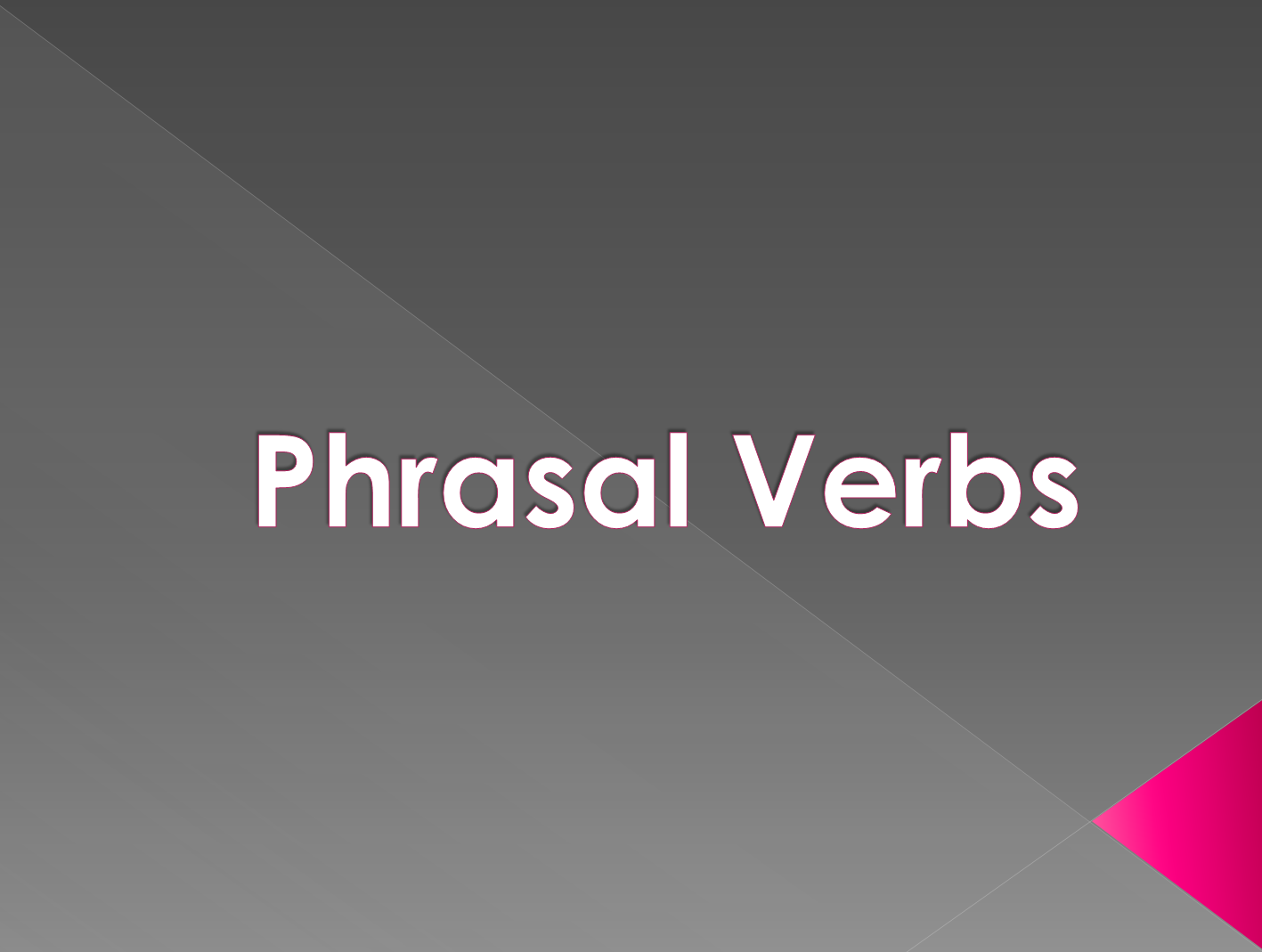
To form the negative present simple in English, you typically use the auxiliary verb “do” or “does” with the base form of the main verb. Here’s the structure:
Subject + do/does + not + base form of the verb
Here are some examples:
1. I do not like coffee.
2. He does not play the piano.
3. We do not speak Spanish.
4. They do not watch TV.
5. She does not eat meat.
6. You do not understand the question.
In the negative form, “do not” is used for the pronouns “I,” “we,” “you,” and “they.” On the other hand, “does not” is used for the pronouns “he,” “she,” and “it.”
Exercise 1. Use the words in brackets to correct the wrong information.
Example: Mel Gibson comes from Britain. (Australia)
- Mel Gibson doesn’t come from Britain.
- He comes from Australia.
- The Earth moves around the Sun 150 thousand kilometres away from it. (million)
- Tourists go to Africa to see the Niagara Falls. (America)
- People in Switzerland speak the Swiss language. (the German, French and Italian languages)
- The Amazon River ends in the Pacific Ocean. (the Atlantic Ocean)
- The Ayers Rock lies in the east of Australia. (in the middle)
- The oldest skyscraper in the world stands in New York. (Chicago)
- The tallest trees in the world grow in France. (California)
- The cheetahs run up to 60 kilometres per hour. (120)
- The ostrich lives in Australia. (Africa)
- The Japanese people make Nokia mobile phones. (the Finnish people)
Exercise 2. Complete the sentences with don’t or doesn’t. _____________
What a good student doesn’t do
- A good student _____________ come late to school.
- Good students _____________ forget to do homework.
- He/she _____________ copy other students’ homework.
- Good students _____________ talk to their neighbours during lessons.
- They _____________ eat or drink anything between school breaks.
- The best student _____________ make any mistakes in his or her tests.
- He or she _____________ cheat.
- Even the worst students _____________ sleep at their desks.
- Really good students _____________ mind going to school.
- And do you know what a really good student _____________ like? Holidays!
Exercise 1 – Answer key
- The Earth doesn’t move around the Sun 150 thousand kilometres away from it.
It moves around the Sun 150 million kilometres away from it. - Tourists don’t go to Africa to see the Niagara Falls.
They go to America to see the Niagara Falls. - People in Switzerland don’t speak the Swiss language.
They speak the German, French and Italian languages. - The Amazon River doesn’t end in the Pacific Ocean.
It ends in the Atlantic Ocean. - The Ayers Rock doesn’t lie in the east of Australia.
It lies in the middle of Australia. - The oldest skyscraper in the world doesn’t stand in New York.
It stands in Chicago. - The tallest trees in the world don’t grow in France.
They grow in California. - The cheetahs don’t run up to 60 kilometres per hour.
They run up to 120 kilometres per hour. - The ostrich doesn’t live in Australia.
It lives in Africa. - The Japanese people don’t make Nokia mobile phones.
The Finnish people make them.
Exercise 2 – Answer key
- A good student doesn’t come late to school.
- Good students don’t forget to do homework.
- He/she doesn’t copy other students’ homework.
- Good students don’t talk to their neighbours during lessons.
- They don’t eat or drink anything between school breaks.
- The best student doesn’t make any mistakes in his or her tests.
- He or she doesn’t cheat.
- Even the worst students don’t sleep at their desks.
- Really good students don’t mind going to school.
- And do you know what a really good student doesn’t like? Holidays!
- Idioms and Other Expressions Used For Talking About ‘Work’
- What Are Weasel Words?
- Money and Finance – Test Your Knowledge
- Phrasal Verbs, Idioms and Other Expressions Using ‘CUT’
- How to Say Time in English
- Idioms and Other Expressions Used For Talking About Money
- Shopping and Consumerism – Match the Correct Name
- Phrasal Verbs – Choose the Correct Verb
- Currency Markets – Choose The Best Words
- Personal Qualities – Use the Best Nouns and Adjectives








